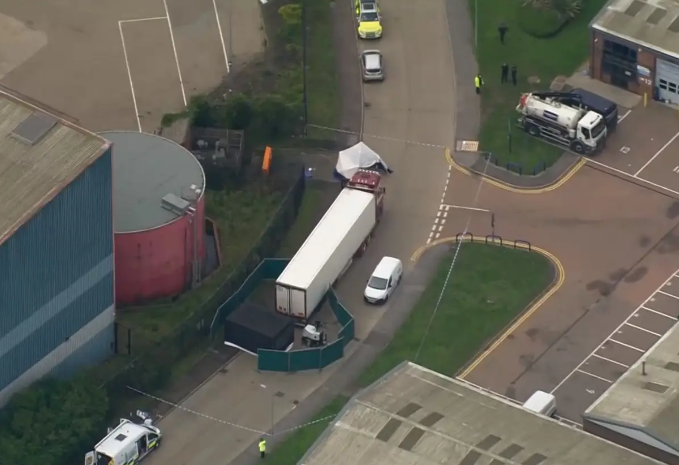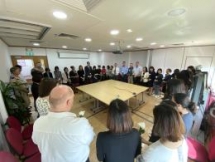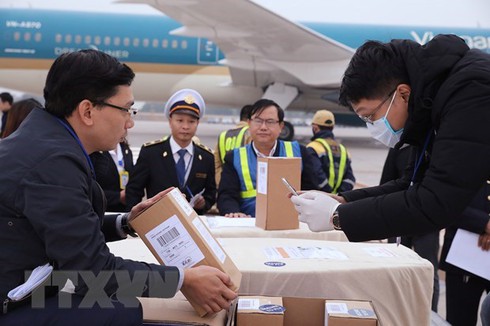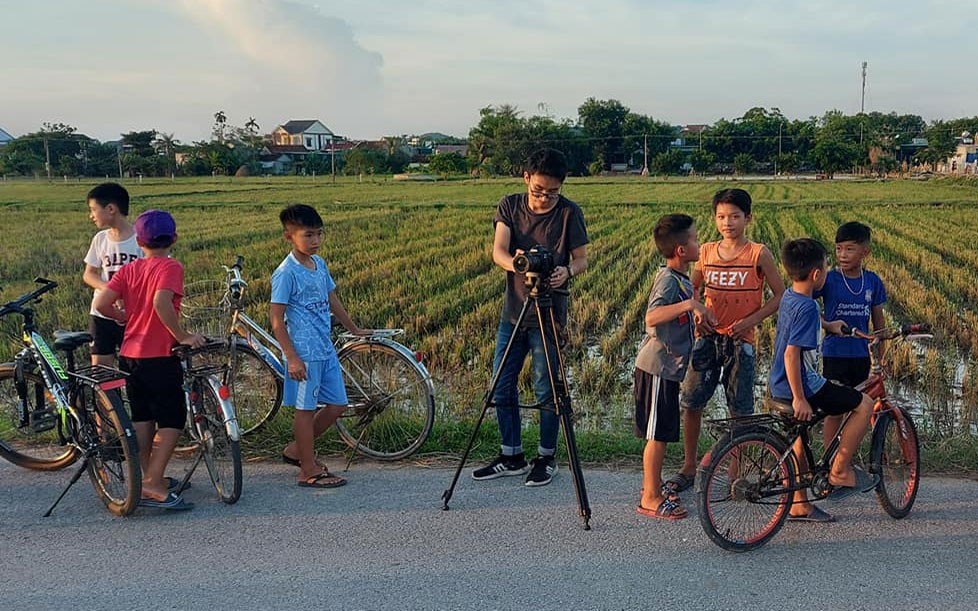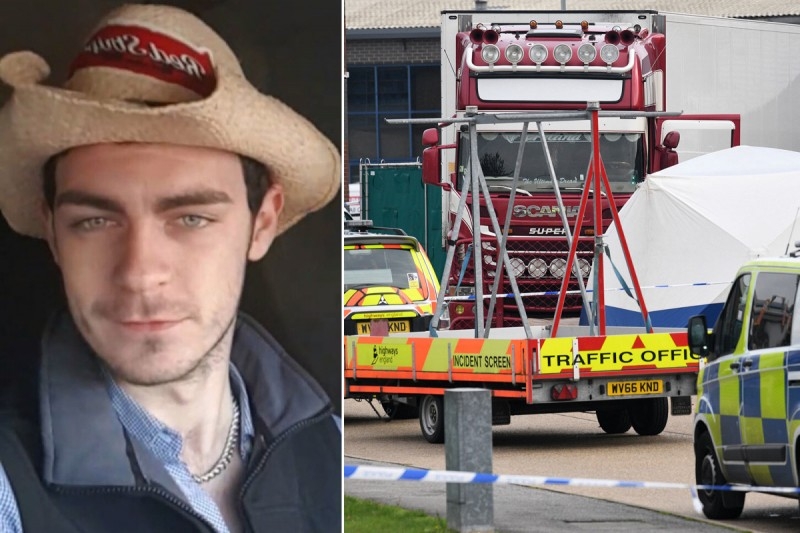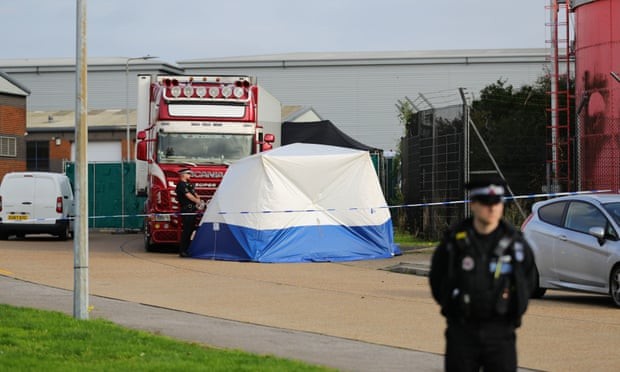Essex lorry incident: Bodies, ashes of remaining 23 victims brought home
| 39 UK lorry victims: Man charged with human trafficking offences | |
| UK embassy in Hanoi holds minute’s silence to commemorate Essex victims | |
| Deputy PM chairs meeting over Essex lorry deaths |
| |
| The bodies and ashes of the remaining 23 victims in the Essex lorry incident arrive at Noi Bai international airport (Photo: VNA) |
The victims were among the 39 found dead in a refrigerated lorry in Essex, the northeast of London, on November 23.
Earlier on November 27, the Foreign Ministry also partnered with Vietnamese and UK authorities to transport the bodies of 16 victims home.
The repatriation of the victims’ bodies and ashes was the result of Prime Minister Nguyen Xuan Phuc’s instruction and concerted efforts of the Foreign Ministry, the Vietnamese Embassy in the UK and related agencies and local authorities in working closely with the UK side, guiding the victims’ families in completing necessary procedures and organizing the transportation.
The Vietnam Airlines Corporation also provided active support for the repatriation.
The verification, citizen protection and transportation of victims home were conducted in a humanitarian spirit and in accordance with international law as well as laws and customs of both countries.
As many as 3,476 Vietnamese people have become victims of trafficking since 2013, with over 90 percent of them women and children.
The information was revealed by Nguyen Xuan Lap, head of the Social Evils Prevention Department under the Ministry of Labour, Invalids and Social Affairs, at a conference held in Ho Chi Minh City on November 29.
The event aimed at reviewing the implementation of a Government decree guiding the implementation of some articles of the Law on Human Trafficking Prevention and Combat (Decree 09/2013/ND-CP).
Statistics from the United Nations Office on Drugs and Crime showed that there have been around 244 million international migrants in the world, and the number of migrants was increasing due to terrorism, conflict and violence. Many of them have become trafficking victims.
“The Mekong sub-region, including Vietnam, is considered a hot spot for human trafficking and illegal migration, with profits from trafficking activities estimated at up to dozens of billions of dollars a year,” said Le Van Nhan, deputy head of the Anti-Human Trafficking Office under the Ministry of Public Security’s Criminal Police Department.
Most of the trafficking victims live in rural areas and face financial difficulties. They are not well-educated and are either unemployed or involved in agriculture.
Traffickers often took advantage of the financial situations of victims as well as their poor education, he said.
Some foreigners worked with Vietnamese people who act as middlemen to bring labourers to work abroad illegally. While they are abroad, the identity documents of the labourers were seized so they would be forced to work or have their wages withheld.
The Government has taken many measures to support victims of trafficking.
From 2013 to June this year, 2,960 victims had received assistance from the State and social organisations in the forms of medical, psychological, legal and cultural support as well as vocational training.
However, many participants at the conference said some sectors and local authorities have failed to pay due attention to human trafficking prevention and combat, as well as support for victims after they are rescued in some localities.
They proposed that there should be clear regulations relating to the verification of trafficking victims and care for them.
Close coordination between agencies in receiving victims back and providing support for them is needed.
It is necessary to have staff with professional skills to help the victims stabilise their lives as soon as possible, said the participants./.
Recommended
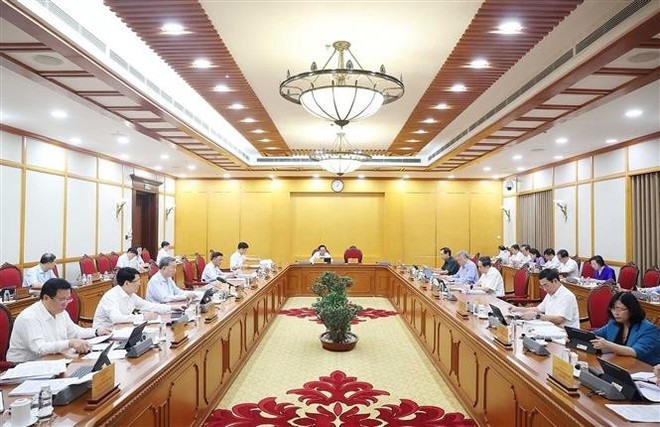 National
National
Vietnam News Today (Jun. 7): Prime Minister works with Estonian firms to accelerate projects in Vietnam
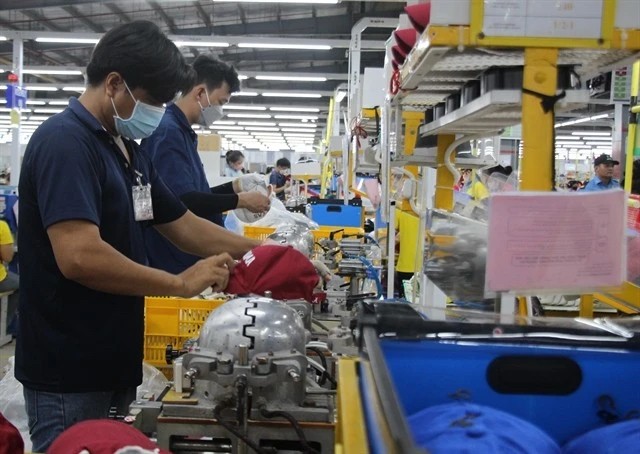 National
National
Vietnam News Today (Jun. 6): Foreign Investment in Vietnam Surges in Five Months
 National
National
Vietnam News Today (Jun. 5): PM sets off for attendance at UNOC 3 in France, official visits to Estonia, Sweden
 National
National
Vietnam News Today (Jun. 4): Vietnam - Promising Candidate for Southeast Asia’s Next Powerhouse
Popular article
 National
National
Shangri-La Dialogue 22: Vietnam Highlights Some Issues of Ensuring Stability in a Competitive World
 National
National
Vietnam News Today (Jun. 3): PM Pham Minh Chinh to Attend UN Ocean Conference, Visit Estonia, Sweden
 National
National
Vietnam News Today (Jun. 2): Vietnamese Trade Mission Sounds Out Business Opportunities in United States
 National
National

